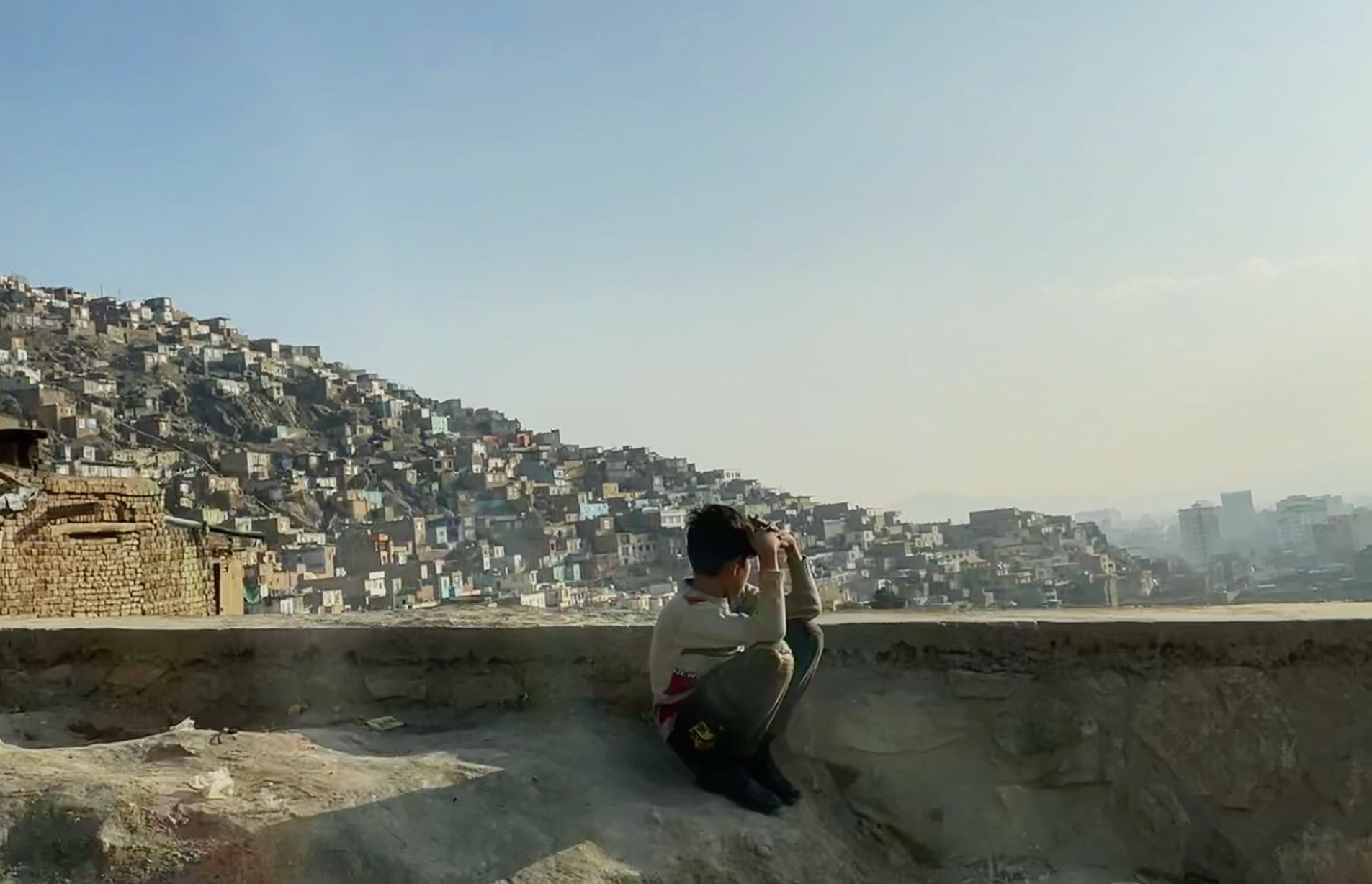
Afghanistan Crisis
26 Αυγούστου 21
As the crisis continues in Afghanistan, Refugee Trauma Initiative (RTI) express our deep solidarity with Afghans everywhere.
Humanitarian crises take huge tolls on people’s mental health. In fact, people living in conflict-affected areas are three times more likely than the general population to be affected by mental health issues. Our primary concern at the minute is getting people to safety. We call on the UK government to work with the UN to establish humanitarian corridors so that those at risk can be brought to safety.
Their story won’t end when they leave Afghanistan. Refugees and asylum seekers also experience high rates of depression, anxiety, and post-traumatic stress disorders. At RTI we provide trauma-informed psychosocial support to refugees in a safe and stable environment, enabling people to build resilience as they navigate the uncertain next steps of their lives. We work with trained and experienced therapists with the relevant language skills and cultural awareness to work effectively with communities.
Our primary focus is on providing children with safe spaces and organised play-based activities to help them come to terms with the events they have witnessed and experienced. Traumatic events associated with displacement can affect long term development among children if not addressed.
One of our core programmes, Baytna, provides the key emotional support that refugee families require as part of our early childhood programming. . Our youth programme Dinami also provides key skills and community support for young adults in transition to adulthood. Our models are flexible which means they can be replicated in any environment, be it a community centre or a refugee camp.
A core principle at RTI is to provide leadership to those from displaced communities. Our programme models were developed in collaboration with refugee communities and we have instituted a lived experience policy supporting employees who are living through displacement. Our Dinami programme includes paid Youth Leader Traineeships to give authentic opportunities to learn skills related to community engagement.
As the Afghan community copes with the distress and loss associated with current events in Afghanistan, we are committed to supporting them through this. Our team comprises skilled and experienced therapists and psychosocial workers who are responding to the needs of Afghan refugees who have just left their homes under dire circumstances and are in shock. In the longer-term, we affirm our commitment to providing trauma-informed and culturally sensitive psychosocial support.
Trauma doesn’t disappear overnight and will likely be part of many people’s lives forever. We call on upon the local authorities, institutions and other bodies that will be welcoming Afghan refugees into their communities to ensure that their mental health, as well as physical, needs are addressed. Long term and dependable support is crucial to ensure that a generations of Afghans are able to rebuild their lives.

